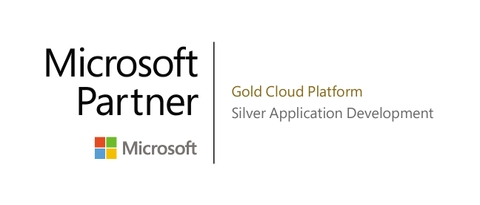Home / Blog / The Economics of Cloud Adoption
At OpsGuru, we like to use the term Rapid Cloud Adoption to differentiate our approach to helping our clients adopt the cloud. By saying rapid, we really mean rapid. We are able to deliver a secure cloud landing zone in a week, but how is this possible?
To explain the economics of cloud adoption, we must first understand why cloud adoption is usually such a difficult process. When companies look to adopt the cloud, the first concern is usually security. How can I ensure that my company does not end up in the news for the latest accidental public storage bucket, or ensure I’m not the latest Equifax?
When you approach a cloud consulting company with this problem, most will ask you all of the appropriate questions such as “what compliance requirements do you have?”, “what are you intending to build on the cloud?” “how do we connect your existing on-premises equipment to this environment?”. These are all very good questions to be asking, but all of them fail to recognize a fundamental problem: when starting the journey to cloud adoption, the cloud consulting company cannot possibly know enough about your business to make completely appropriate suggestions; meanwhile, your company - having just decided to adopt the cloud - likely isn’t quite sure how best to answer these questions and understand the implications thereof. Essentially, there’s an inherent disconnect between the consulting company and your business.
Now, this isn’t to say that many companies don’t have excellent cloud landing zone offerings, most certainly do. There are a variety of brilliant offerings that will, in 8-12 weeks, enable your business to adopt the cloud in a secure fashion, but… Back to the fundamental flaw, would you answer your onboarding questions the same way now that you have 8-12 weeks of additional knowledge? The answer is likely ‘no’.
Turning on the taps for the cloud sounds remarkably simple, but this simple problem can quickly become $200,000 or more of consulting to ensure that your environment is built to your specifications.
Surely though, these companies, having deployed cloud foundations hundreds of times, must have distilled their learnings into a single templated “best practice approach”? Well, no, most haven’t. Let’s say that your organization standardizes their deployments using Ansible, what about if the next client wishes to use Chef? The possibilities for the environment are nearly limitless. This begins to explain why these cloud landing zone projects have such dramatically high price tags.
So, what can be done about it? Once again we look to the guidance of the fail-fast principle. What about if we start with a known, templated, secure environment based on an openly supported language like Terraform? What if we could test our theories of cloud adoption not in 8-12 weeks, but in 1 week? Meet the OpsGuru Cloud Launchpad.
Cloud Launchpad is an opinionated deployment of AWS, Google Cloud or Microsoft Azure that allows organizations to deploy secure, battle-tested foundations in a matter of days. Cloud Launchpad changes the game by allowing you to fail-fast in a production-worthy environment that has all of the guardrails deployed and is certainly worthy of your sensitive data.
For Setoo, OpsGuru Cloud Launchpad enabled rapid and secure cloud adoption for their SOC2 Type 2 compliant environment. As a leading Travel “Insurance as a Service” provider, Setoo needed a partner to quickly educate them on how best to securely deploy AWS and trust in their expertise. In OpsGuru, Setoo found the right partner able to meet their business-critical deadlines.
Want to learn more? Reach out to us at info@opsguru.co.il

About the Author:
Dave Lindon - General Manager (North America) at OpsGuru
Dave joins OpsGuru from Google Cloud where he led Enterprise Technical Sales in Western Canada. Dave has spent his career building successful business relationships with companies across many verticals. He strives to enable organizations to realize true value from their cloud investments.





